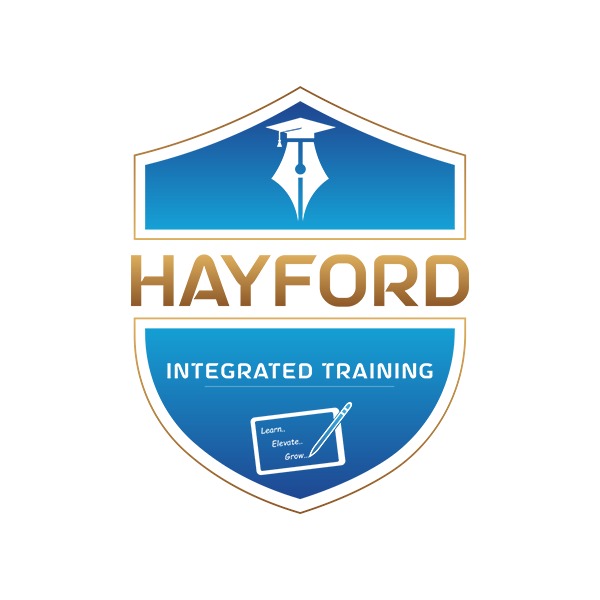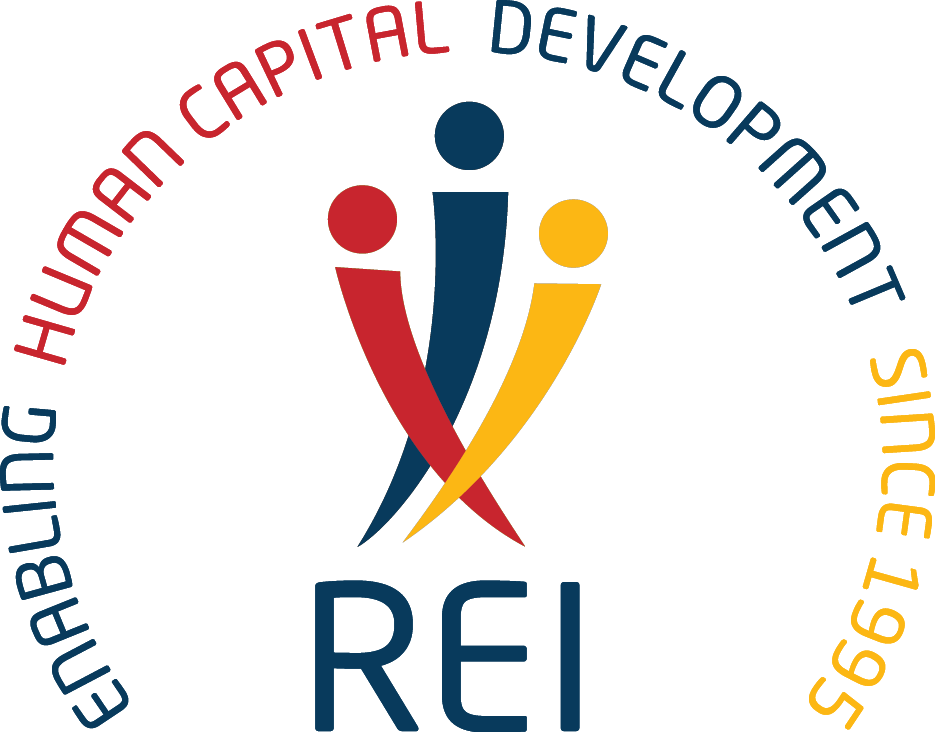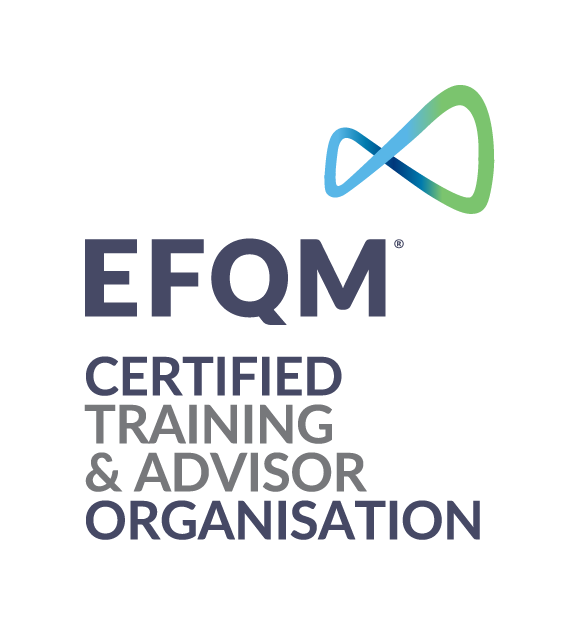This is a comprehensive quality engineering certification course aimed at developing your understanding of different principles, methodologies and aspects of quality engineering.

This is a comprehensive quality engineering certification program aimed at developing your understanding of different principles, methodologies and aspects of quality engineering.
Outline:
1. Management & Leadership
- Review the body of knowledge in preparation for the 'ASQ' Certified Quality Engineer examination
- Refine their thinking approach in preparation for the ‘constructed response’ section of the examination
- Apply the components of the Body of Knowledge (BOK) to further focus their preparation efforts
- Master the effective use of the tools covered in the quantitative methods, reliability, and acceptance sampling sections of the body of knowledge
- Explain, through discussions, the main concepts in each of the BOK elements
- Practice mock exams
2. Acceptance Sampling:
- General Concepts
- Operating Characteristics (OC) Curves
- Type I (Producer’s) and Type II (Consumer’s) Risk
- Overview of Acceptance Sampling Plans
3. Reliability and Risk Management:
- Terms and Definitions
- Design of Systems for Reliability (Series, Parallel-Series, and Series-Parallel Systems)
- Reliability Life Characteristic Concepts
- Active vs. Passive Redundancy
- Failure Rates and the Bathtub Curve
- Availability and Maintainability
- Calculation of MTTF and MTBF
- Methods to Maintain Process and Product Reliability
4. Quantitative Methods:
- Concepts of Probability and Statistics
- Properties and Applications of Probability Distributions
- Collecting and Summarizing Data
- Relationships Between Variables
- Statistical Decision-Making (Confidence Intervals, Hypothesis Tests, Paired-t Tests, etc.)
- Designing Experiments
- Analyzing Process Capability
- Statistical Process Control (SPC)
5. Relationship Between Variables:
- Linear Regression
- Time Series Analysis
- Simple Linear Correlation
- Correlation and Causation
6. Statistical Process Control:
- Objectives and Benefits
- Selection of Variable
- Common and Special Causes
- Rational Subgrouping
- Control Chart Analysis
- Control Charts (Variable Data)
- Control Charts (Attribute Data)
- Short-Run SPC
- Comparing before and after Control charts
- Pre-Control Charts
Quadra Plus is a leading training professional training offering a range of courses for professionals to help them meet the growing challenges of the 21st Century business world. It was conceptualised to bridge the growing gap between the industry standards and skill expectations of the employees. and budding professionals.
The purpose is to equip the professionals with adequate knowledge and skills which are in line with the industry trends so that the professionals can take ownership of their career.
Highlight Points Of Quadra Plus:
- Industry expert trainers
- Customised programs
(Institute Review)
55 years ago(Institute Review)
55 years ago
Craig Setter, a top Six Sigma trainer, and mentor, founded the company in 2005. The objective has always been straightforward: to develop a set of standards that would assist training programs and institutions worldwide in teaching successfu

This course will give you knowledge and understanding of Six Sigma and Lean by covering topics to help you understand what is Six Sigma used for and how it assists in eliminating waste.

Quality Management certification, organization excellence, and change management certification preparation classes by Andragogy Limited will help you cover all the essential topics and sections of this qualification.

This EFQM Assessor Online Training was newly designed (based on the EFQM Model 2020) for individuals who want to understand, apply the EFQM Model within their working environment, and know variations of organizational self-assessments or be

This course has been developed to provide participants with the knowledge to implement the procedures and forms based on the ISO 9001:2015 management system standard.
© 2025 www.coursetakers.ae All Rights Reserved. Terms and Conditions of use | Privacy Policy